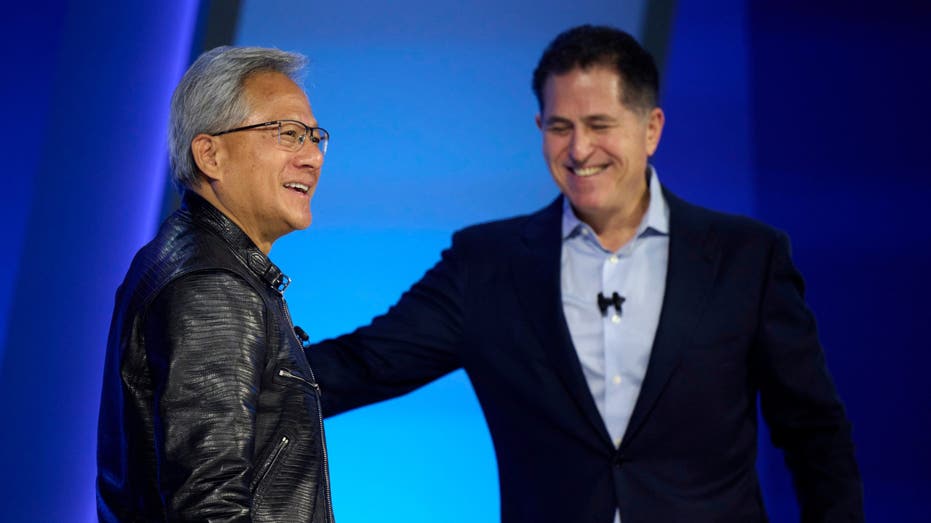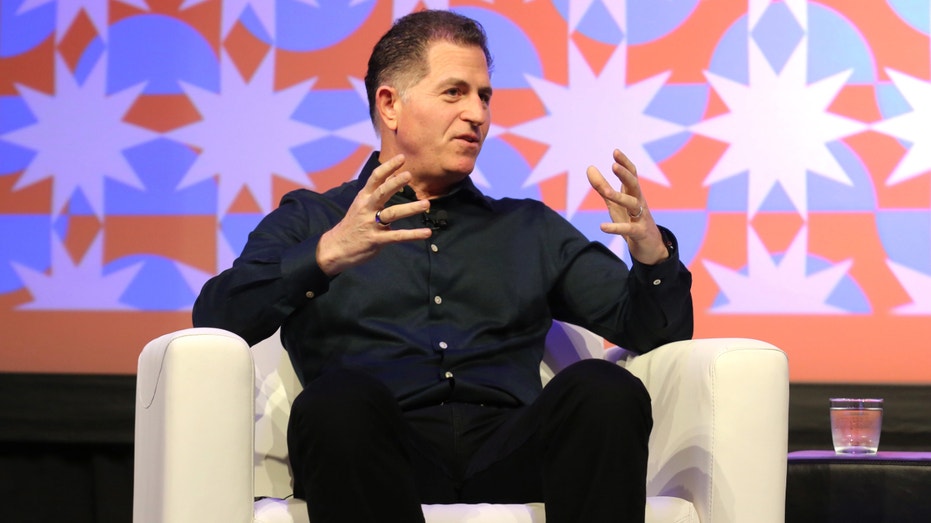

Nvidia and Dell on Thursday announced a breakthrough supercomputer powered by artificial intelligence (AI) will launch next year to help drive research at the Department of Energy (DOE).
The two companies were awarded a contract by the DOE to develop the new flagship supercomputer at the Lawrence Berkeley National Laboratory – known as the Berkeley Lab – which will be due in 2026. The supercomputer is expected to help advance research into fusion energy, materials science, astronomy and accelerate drug discoveries at the National Energy Research Scientific Computing Center (NERSC), a DOE unit focused on high-performance computing located at the Berkeley Lab.
The Doudna supercomputer will be powered by Dell in combination with Nvidia's AI solutions and capable of supporting large-scale high-performance computing workloads, such as those in molecular dynamics, high-energy physics and AI training and inference.
"The Doudna supercomputer represents DOE's commitment to advancing American leadership in science, AI, and high performance computing," said Energy Secretary Chris Wright.
The Doudna supercomputer is named after Jennifer Doudna, a biochemist based at the Berkeley Lab who won the 2020 Nobel Prize for Chemistry in recognition of her work on the CRISPR gene-editing technology.

Nvidia CEO Jensen Huang and Dell CEO Michael Dell announced the partnership with the Department of Energy on the Doudna supercomputer. (Bridget Bennett/Bloomberg via Getty Images / Getty Images)
"It will be a powerhouse for rapid innovation that will bring us abundant and affordable energy supplies, breakthroughs in quantum computing, and more," Wright said. "AI is the Manhattan Project of our time, and Doudna will help ensure America's scientists have the tools they need to win the global race for AI dominance."
Doudna's performance capacity is expected to be over 10-times that of Perlmutter, the current flagship supercomputer at the Berkeley Lab, in terms of scientific output, while its power usage is expected to only increase by a factor of two or three. In all, that's expected to increase performance by three- to five-times.

Nvidia CEO Jensen Huang said Doudna will help researchers seek "fundamental truths of the universe." (Akio Kon/Bloomberg via Getty Images / Getty Images)
"Doudna is a time machine for science – compressing years of discovery into days," said Nvidia co-founder and CEO Jensen Huang. "Built together with DOE and powered by Nvidia's Vera Rubin platform, it will let scientists delve deeper and think bigger to seek the fundamental truths of the universe."
"At Dell Technologies, we are empowering researchers worldwide by seamlessly integrating simulation, data, and AI to address the world's most complex challenges," said Michael Dell, chairman and CEO of Dell Technologies. "Our collaboration with the Department of Energy on Doudna underscores a shared vision to redefine the limits of high-performance computing and drive innovation that accelerates human progress."

Michael Dell said Dell's work on Doudna will help redefine high-performance computing. (Diego Donamaria/Getty Images for SXSW / Getty Images)
Doudna was designed to merge simulation, data and AI into one platform and provide more than 11,000 researchers with "almost instantaneous responsiveness and integrated workflows," Nvidia said in a release.
Nick Wright, advanced technologies group lead and Doudna chief architect at NERSC, said that, "We're not just building a faster computer. We're building a system that helps researchers think bigger, and discover sooner."
